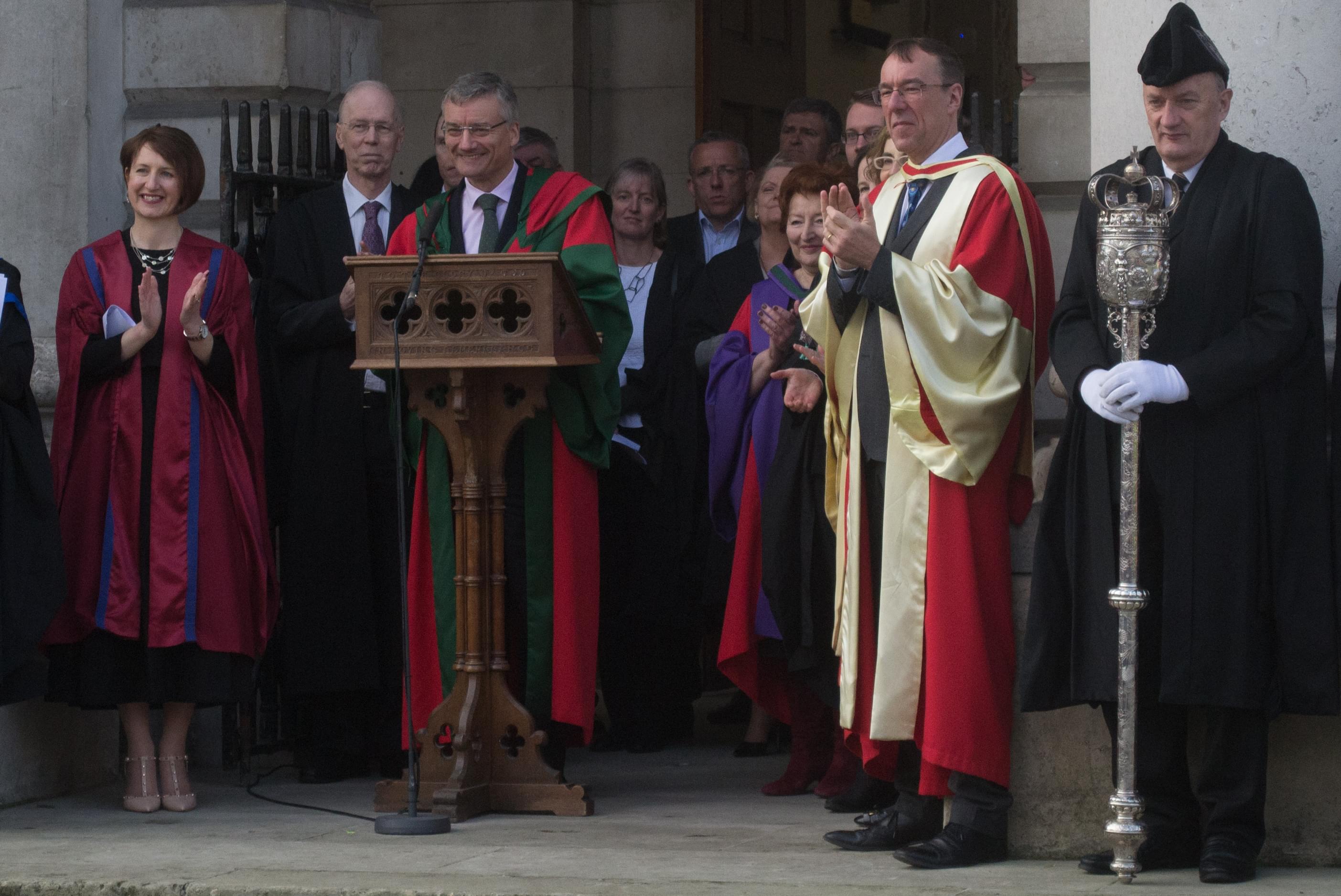The College Visitors, who are responsible for hearing internal appeals against decisions of the Board and other bodies in Trinity, are due to make a determination on whether a Board decision to impose a quota on the number of scholars elected for the 2020/21 academic year goes against the College Statutes.
Scholarship is awarded by the College to mainly second year students on the basis of a set of “searching” exams sat after Christmas. Students must achieve an overall first in these exams, to be entitled to “the most prestigious undergraduate award in the country”, of which benefits include free on-campus accommodation and a waiving of all tuition fees for the five year term of the scholarship.
In a submission to the College Visitors seen by Trinity News, the current cohort of scholars have argued that a recent Board move to limit the number of new scholars elected this year is not a decision within the Board’s power to make. The submission states that such a decision would be contrary to the College Statutes, the document which sets out the rules of Trinity’s governance.
The submission made on behalf of the scholars was drafted by Eoin O’Dell, an associate professor in the School of Law, and Camilla Persello, the secretary to the scholars. It argues the case against a quota on the number of scholars on the basis that the Board does not have the authority to implement a quota and also that the reasons behind such a quota are “weak”.
The submission states that the only grounds on which the Board may elect scholars is “on the basis of their academic ability and learning” and therefore cannot impose criteria that falls outside of this remit.
The submission concedes that the College Statutes set out that Board “shall determine the qualifications… for Scholarship”, but argues that the fact that the document later goes on to state that this must be done “on the basis of their academic ability and learning”, restrains this power.
Among the scholars, a subsection makes up a group known as the foundation scholars. This group are made members of the body corporate of Trinity. The submission made on behalf of the current scholars argued that given that the Statutes expressly provide for a specific quota for Foundation Scholars of 70, but does not provide for general quotas for scholars in other circumstances, the Board does not have the authority to impose such a quota.
The submission further argues that the Board may only make decisions regarding scholars with the consent of the College Council, Trinity’s governing body regarding academic matters. It states that this consent was neither sought nor given. The submission quotes minutes from a meeting of the Council which state that when the matter was discussed the provost simply “invited questions and comments”; he informed Council that it was merely being “consulted” on the matter; and did not invite a decision from Council because, he said, the decision in this matter “resides with Board”.
The submission from the scholars also makes arguments against the decision to introduce a quota based on the reasoning behind the decision but asserts that this reasoning is “irrelevant” if their arguments against the Board having the power to introduce quotas are accepted.
The scholars state that argument that a quota is needed to “address possible grade inflation” does not hold up as only “reliance on the good sense and academic judgment of
examiners” is an appropriate way to address grade inflation, and not quotas.
They address the argument that a quota is needed due to “the risk of exposure to a significant financial burden”, stating that this financial risk “is inherent in the nature of Scholarship, and is not unique to this year”.
“The numbers elected to Scholarship vary from year to year: in some years, the number is relatively high; in others, it is relatively low. In the long run, the financial burden of the former years is matched by the savings in the latter years”, the submission goes on to argue.
This submission will be made to the College Visitors, a role held by the Chancellor of the University Mary McAleese, and the government-appointed Judicial Visitor, Justice George Birmingham. The College Visitors will then make a final determination on whether the quota will be imposed.
In April, a total of 57 new scholars were elected.
58 new scholars were elected the previous year, and 73 in 2018.






